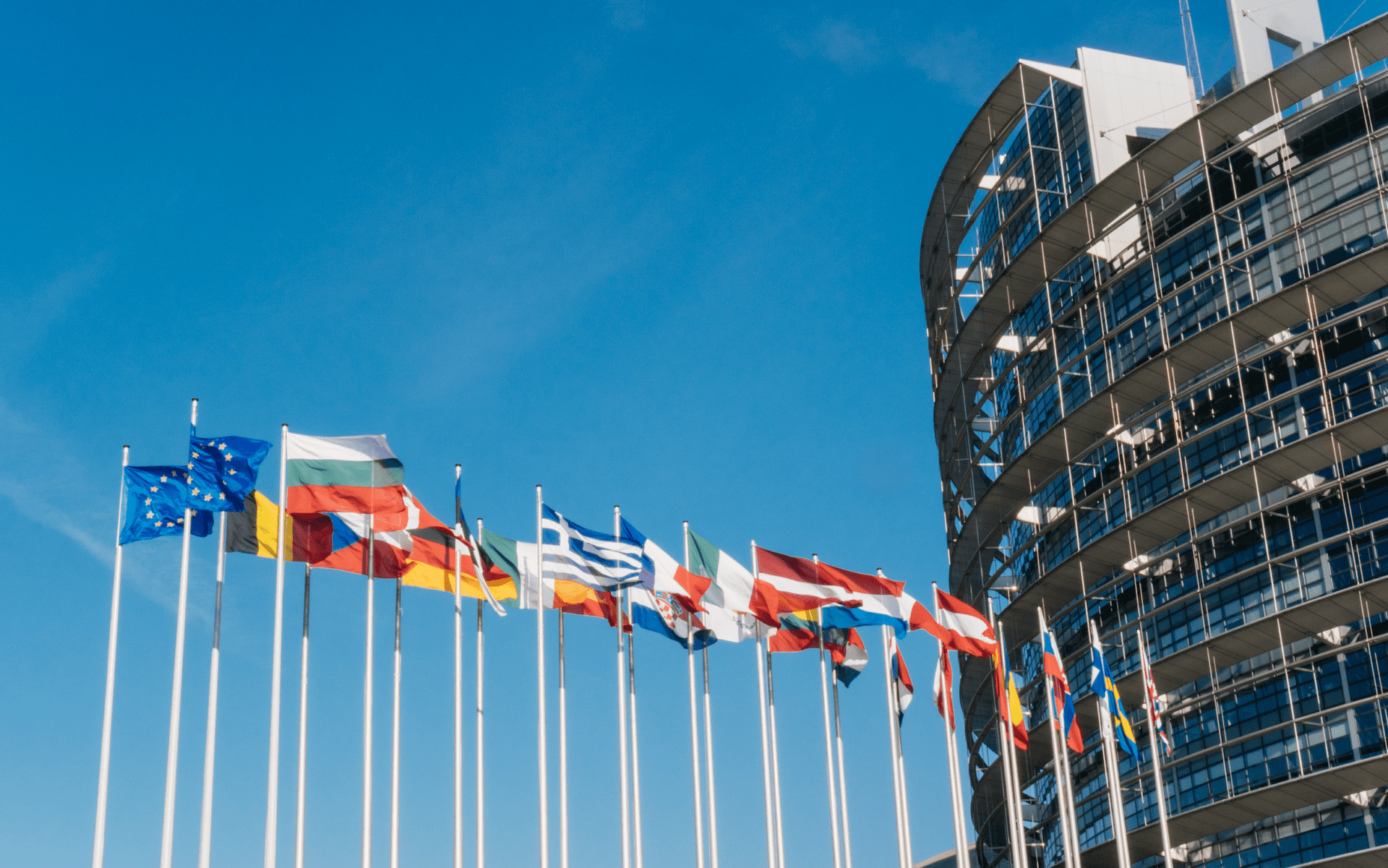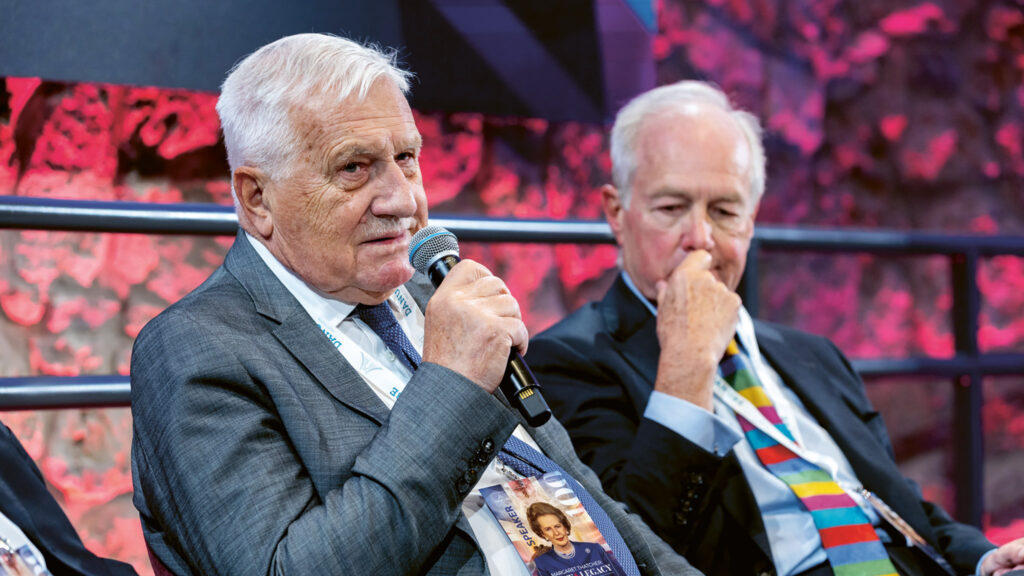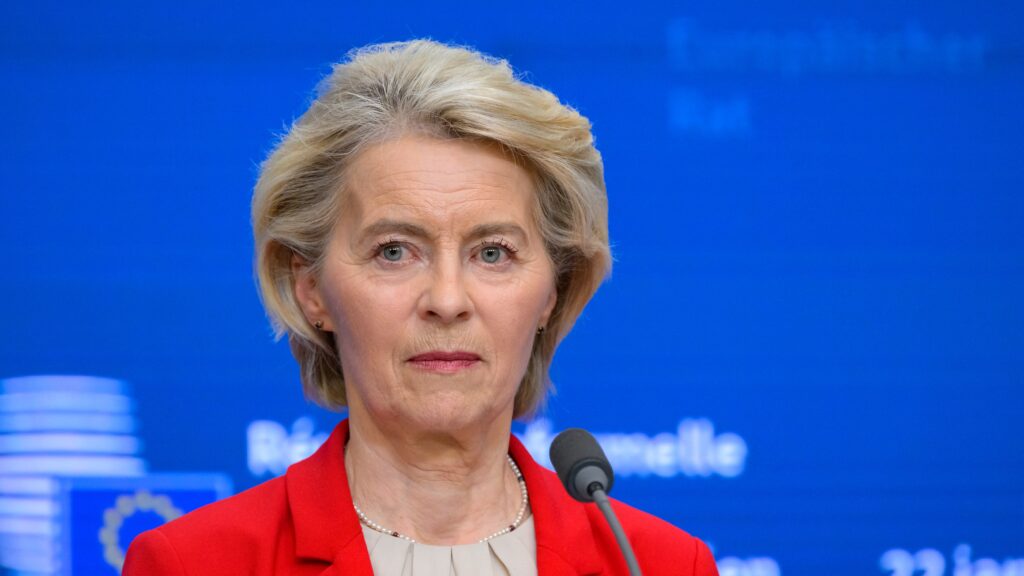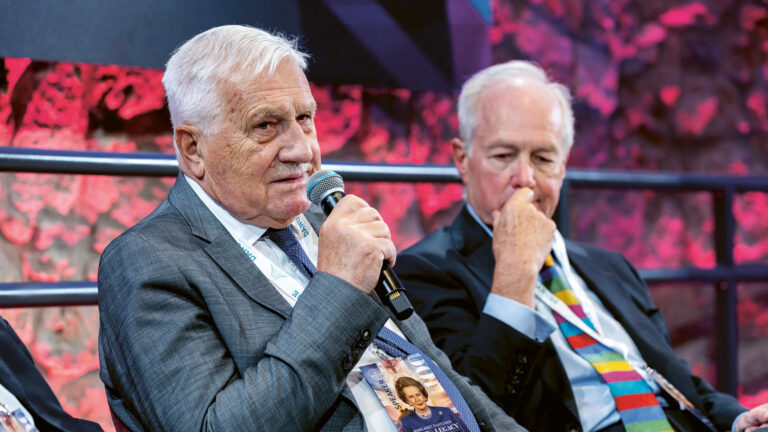In the early years of the supranational European cooperation, the memory politics of the European Union understandably relied only on the trauma of Nazism. The devastation of World War II, as well as the tragic fate of the European Jewry were central to the European claim that the past of rivalry is dark, but a future of cooperation can be bright. The project to bring the nations of Europe together into a great union was therefore inspired by the centuries-long rivalry between France and Germany which then led to the tragic events of World War II. In the pursuit of an end to hostilities and to prevent any other group of people from suffering injustice for their immutable characteristics, cooperation on the European continent was presented as the way forward. Until 2004, building the European project exclusively on the memory of World War II was understandable; however, with the arrival of the new (mostly post-Communist) member states, the EU’s memory politics should have been adjusted to reflect the common traumas of the newly accepted countries as well. Communism is important for Central and Eastern Europe not only because of the depth of the tragedies suffered under its rule, but also due to its closeness in time.
The current political regimes in the region derive their sovereignty from the democratization that followed the collapse of Communism. Due to its closeness and living memory, Communism is just as significant a pillar of collective memory as Nazism in post-Communist East-Central Europe, but is a pillar the EU disregards.
This blindness attests to the inflexibility of the EU’s memory politics,
its inability to recognize the extent to which Communism left its mark on the new member states’ past.
There have been some steps taken towards integrating the trauma of Communism into the EU’s memory politics. The Council of Europe Resolution 1481/2006 condemned the crimes of totalitarian communist regimes, while 23 August was established as the Memorial Day of the Victims of All Totalitarian Regimes. However, on all occasions when Communism was condemned on the EU level, left-wing members of the European Parliament never failed to highlight that such resolutions ‘discredit’ the efforts of Communists to stop the spread of fascism, and that these resolutions—wrongly, and unjustly—also undermine Communism as an ideology. In a Minority Opinion in the EP, the European United Left and Nordic Green Left (GUE/NGL) contested ‘that future generations should be told the historical lie that seeks to put Communists on a par with Nazis, nor should they be encouraged to forget both the Fascist dictatorships that once held sway in southern Europe and the colonial past’. Communism obviously still has an allure for leftist intellectuals and politicians who have never experienced it first hand.
The bias of EU memory politics can be demonstrated through multiple examples.
For instance Europe Day is celebrated on 9 May, the defeat of Nazi Germany. The day, which is the most important occasion to celebrate Europeanness and to promote a shared European identity, is entirely based on the Western European conceptualization of how EU memory politics should look like. While post-Communist Central and Eastern Europe did share the trauma of Nazism, 9 May was arguably not the beginning of peace and unity for the region, but the beginning of a new totalitarian era under Communism. Therefore, the day which is supposed to unite all of Europe is only partially appealing for the post-Communist region.
Another example that shows the skewed nature of EU memory politics is the list of recognized heritage sites. Since 2013, sites that have a symbolic European value, or played an important role in the history or culture of Europe, or contributed to the integration project can gain a ‘European Heritage Label’. As of 2022, there are 60 sites across Europe designated with this label. Revealingly, eight of the sites are connected to the memory of World War II and Nazism, and only half as many, four commemorate the trauma of Communism or the events of 1989.
As long as EU memory politics downplays the significance of the historical experience of the post-Communist Central and Eastern European region, new member states will remain rightfully sceptical of the European project.







